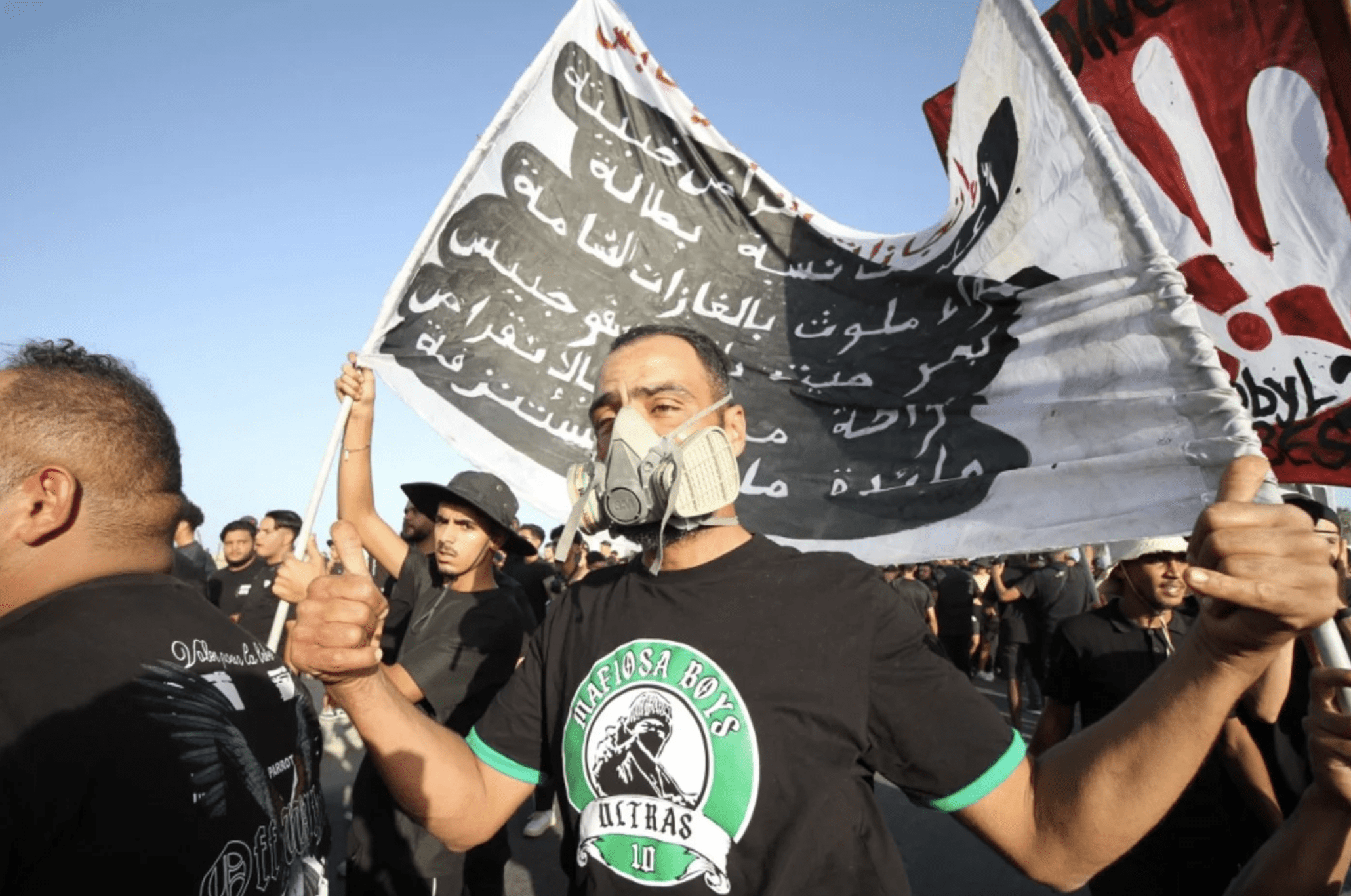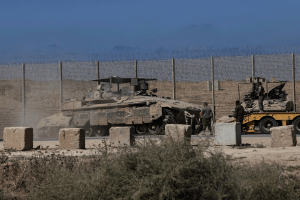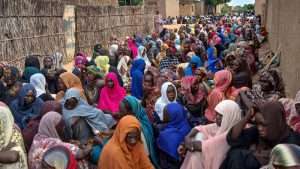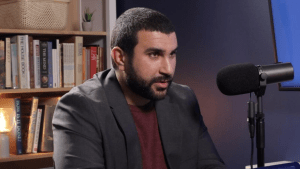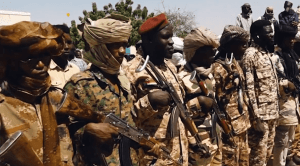Libya: $1.8 billion in recovery after thousands dead in storm Daniel
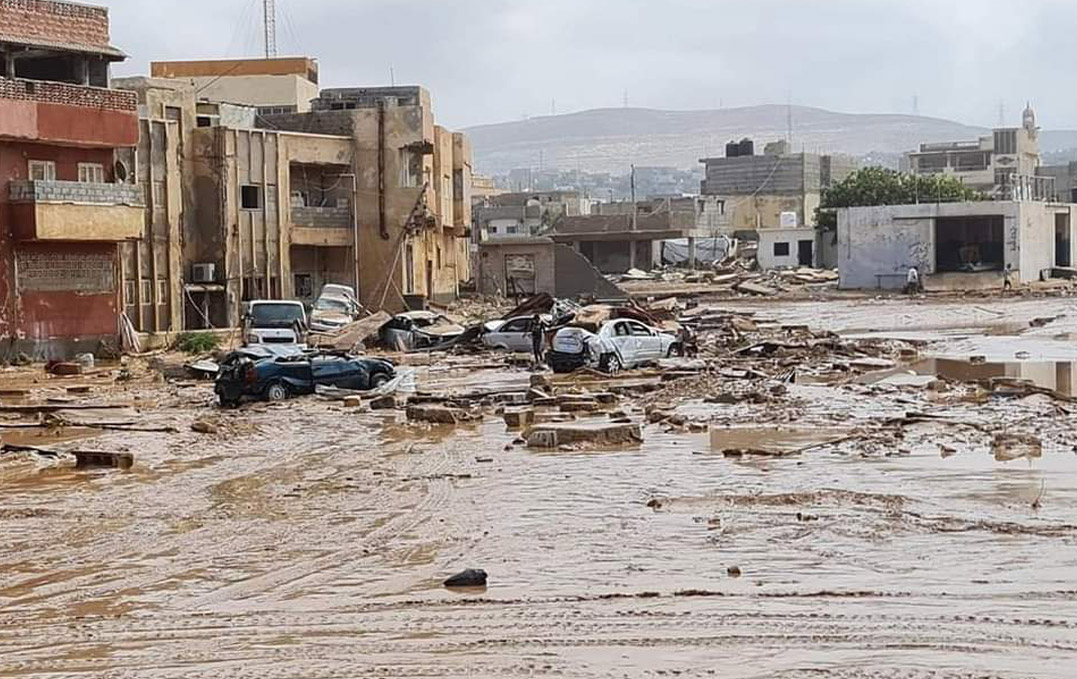
Libya requires $1.8 billion in reconstruction and recovery after thousands found dead from the storm Daniel catastrophe in September 2023 reports The Middle East online plus agencies.
The deadly flash flood in Libya created a climate and environmental crisis. 22% of Libya’s population, accumulating around 1.5 million people were affected by the disaster, stated a report by the World bank, United Nations and European Union.
The report cited the UN humanitarian agency of OCHA which confirmed 4,352 deaths from the disaster with 8,000 still missing.
The heavy rainfall from storm Daniel smashed through two aging dams with entire districts swept into the Mediterranean. Huge areas of the city of Derna were destroyed in the flood.
READ: Libya: Thousands still missing in aftermath of Derna floods
The UN report outlined that the dams collapse was partially to to their structural integrity. Due to a design based on outdated hydrological information combined with poor maintenance and government problems during Libya’s conflict.
Libya has been divided since 2014 between rival power centres ruling in the east and west. Although there was a ceasefire in 2020, disputes between the Tripoli government and eastern authorities complicated the disaster response.
Rainfall unleashed from storm Daniel was up to 50 times more likely and 50% more intense due to climate change.
As devastation struck, flooding destroyed and damaged more than 18,500 houses, equivalent to 7% of Libya’s housing stock. The report stated that initially, 44,800 people were displaced including 16,000 children.
The disaster was intensified due to limited weather forecasting, inadequate early warning systems to ensure evacuation and population growth and development downstream.
The Physical damages and losses from the flooding in Derna and other cities estimated for $1.65 billion, around 3.6% of oil-rich Libya’s gross domestic product in 2022.
The report stated that the “limited accountability and capacity” of Libyan institutions served “a key challenge to recovery processes” while weak coordination between rival authorities was expected to hit the government’s ability to “channel, manage, disburse and monitor” recovery funds.
Libya’s ruling fractions had little sign they were willing to put aside their differences to formulate a coordinated response plan to the disaster, despite calls from the UN.
READ: Libya: UN envoy calls for unity following floods
Efforts to resolve Libya’s long-running conflict by holding an election have also been prevented by disputes over voting rules and control of the interim government.
The Middle East online/ Agencies.
Want to chase the pulse of North Africa?
Subscribe to receive our FREE weekly PDF magazine








